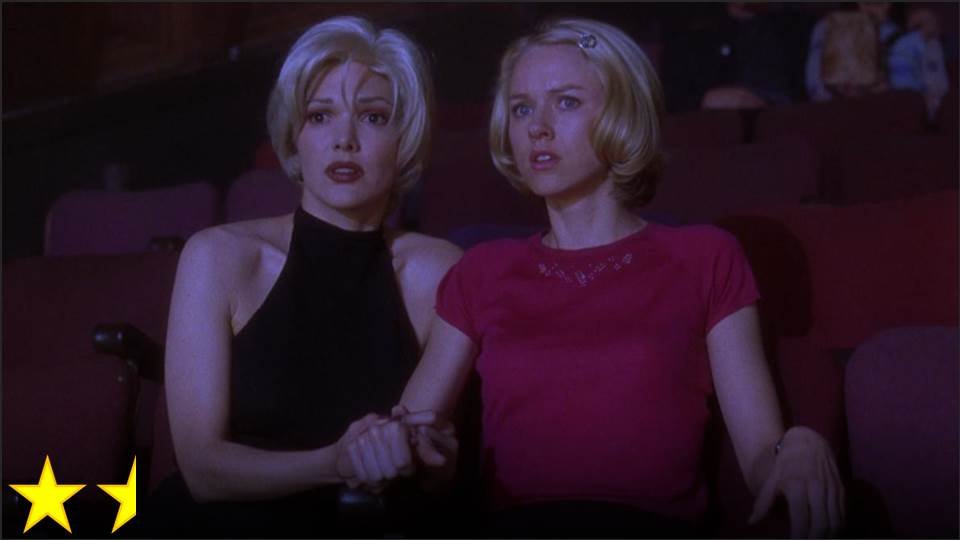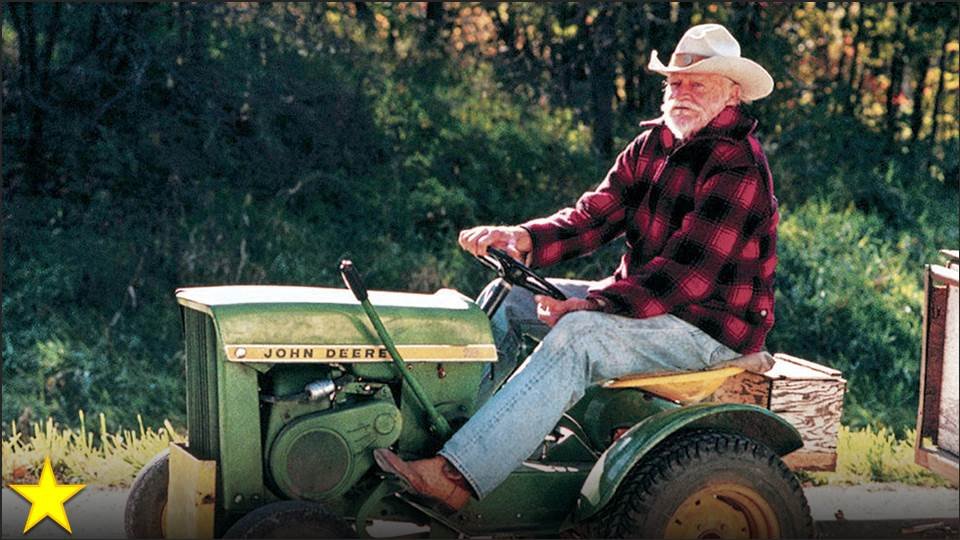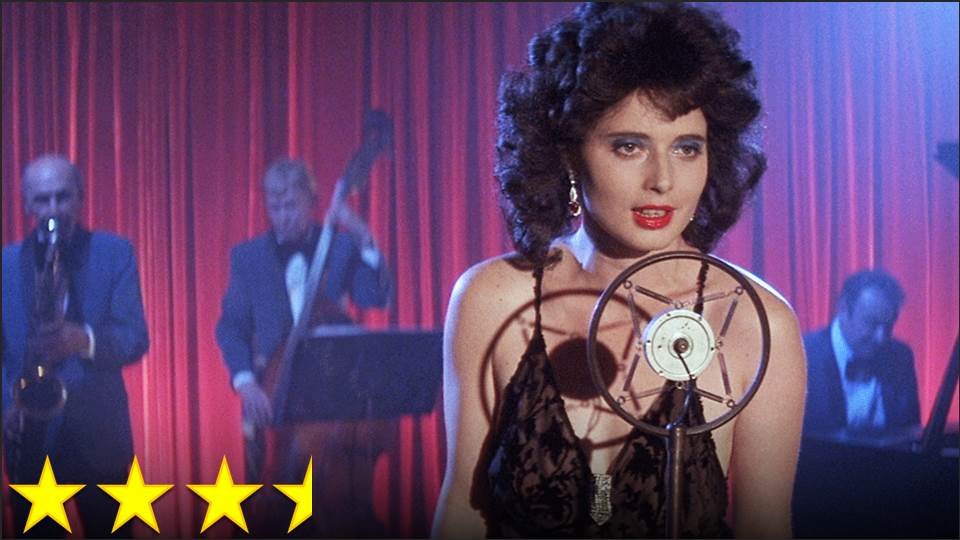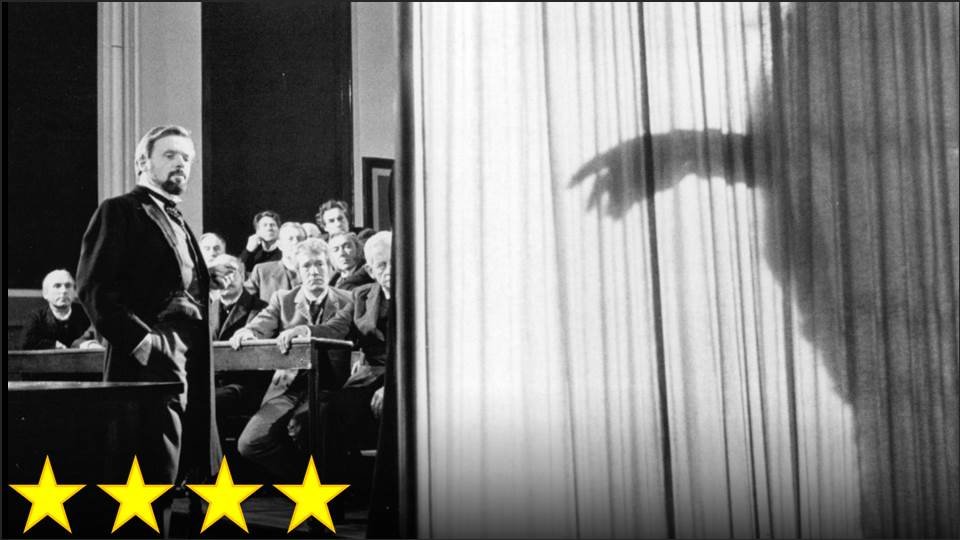I’ve been thinking a lot lately about what effect the “Books Are Always Better” movement has had on cinema. Just to be clear, I am referring to the notion that the novel is a superior medium, both intellectually and in terms of affect, to the medium of film. While I intend to write more on the subject in the future, for now I’ll just say that cinema has spent the past several decades – perhaps its entire lifetime – trying to prove itself as a medium that can both have a certain kind of intelligence, elegance, and subtlety about it, addressing the first insult to its ego, and have a powerful, intimate, and subjective emotional effect like books do, addressing the second. These are the two main marks of quality and refinement in cinema, and film critics have been striving for years to emphasize the films that display these qualities so that film, and in turn film critics, can have some dignity. On a related note, in a class on literature I had at my previous college, the professor (and many of the students) had a fondness for a quality of interpretive ambiguity – the literature that was considered to be truly excellent and meaningful was the literature that gestured towards a variety of possible meanings, but ultimately left its meaning up to the subjective feelings of the reader. This is seen as an intersection of intellectualism and a personally emotional effect because it seems to require thinking on the part of the audience and it relies on subjectivity, which is why so many filmmakers have foolishly bought into the idea that this ought to be the goal of all literature, including film. Mulholland Drive is one of the films that has impressed people because of how well it manages to be entertaining and interesting as a film while staying at this intersection that is so highly regarded in literature.
I think it boils down to how people think about photogénie. This is a term used in reference to the aspect of cinema that is essentially, distinctly, and uniquely cinematic, and it is usually associated with Jean Epstein’s theory that film is not meant to focus on characters and plot so much as its elements and powers that no other media have (e.g. its tendency to break the rules of time with editing techniques, or its ability to show large, complex movement). The dominant view right now, from what I can tell, is that cinema is at its best when it focuses on its sheer power to emotionally overwhelm the spectator, not on the logic of its plot. While I will write further on this later, I argue that the pure essence of cinema has more to do with simulating a logical sequence of events following from an understood set of premises for the spectator to analyze intellectually and/or emotionally. Naturally, I find it hard to get behind a film that has complete disregard for everything I believe cinema ought to be, and I find it exceptionally lazy to set up a great story that has no conclusion or meaning. It’s a huge disappointment, but at least it is somehow strangely captivating.
In the end though , I still think it’s just finely polished garbage.



